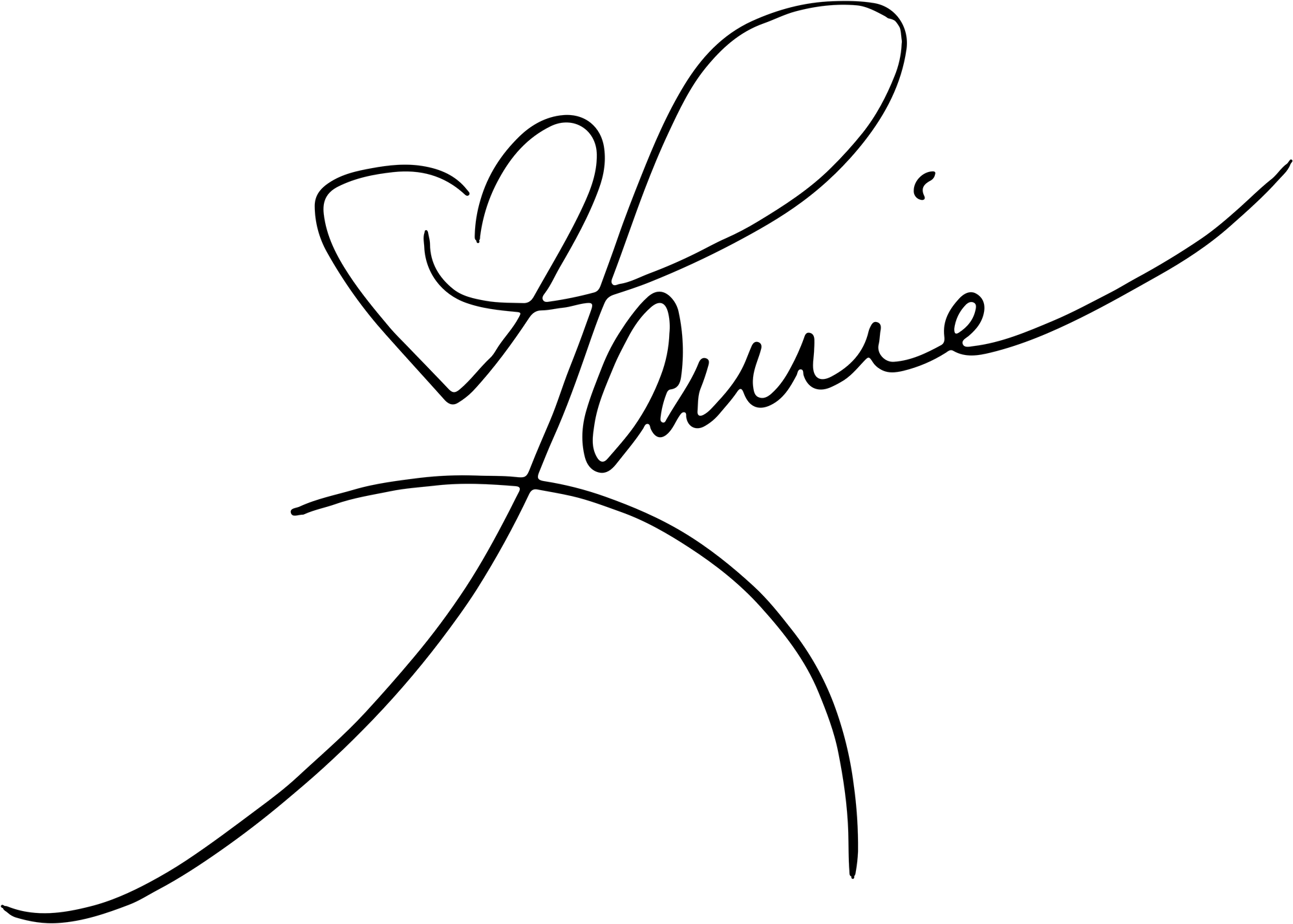Food

A few weeks ago, Haley, a former student of mine, was visiting and coaching me on the various benefits of juicing. For the past year, she and her partner, Anthony, have both been experimenting with vegetarianism, veganism, no/low carb diets; they had recently watched the film What the Health and recommended it to us as viewing it led to more epiphanies about their ideas regarding food. Recognizing the film’s propagandist-leaning tone, she counter-commented on its credible research. I knew she was coming at me from both a human standpoint (“Isn’t this the most important message you have ever heard?”) and a teacher standpoint (“Is this trustworthy? Are they just trying to push an ulterior agenda?") I recalled conversations with fellow co-worker and art-teacher, Rebecca, after both of our sons grew to be toddlers, who researched constantly about best-eating options, and although I listened to her earnestly, I was completely overwhelmed that eating, and particularly feeding my kid, should be so difficult.
What we take in becomes us.
But here it was—the message coming at me again…and it has been, truthfully, for so long, from so many: my science-teacher friends, my sister—my doctor…what we take in becomes us. Even my boss, who is putting her doctoral research into practice in our community: “being successful starts with feeding the machine”. But this was Haley. A 19-year-old girl, and newly-certified Yoga instructor, was looking into me, telling me that health, true health, is bigger than exercise and eating well—and that may require a global reset.
Haley convinced me to go to Zest and do a juice cleanse before school started to scour my belly and being. At the end of the three days of juicing, and legitimately not being hungry, I realized I had been looking at food all wrong. It doesn’t take a lot to fill me up. Simple, delicious things, in small amounts, at the right times throughout the day, is really all I need. With the stresses of the impending school year, I embraced this idea…then lost it as I fell into some old patterns. UGH! I know, though, that that clarity is never more than one good decision away and I just need to keep at it. I allowed myself one week’s wait to settle into this school year, and then will be back at this new approach next week—for good.

On an episode of CBS’s Saturday Morning show, I saw an interview with Erin French—creator of the Lost Kitchen. She brings people into her small restaurant and in an atmosphere of love and close camaraderie, feeds them 4 courses of really good food, from a menu she never writes out. She says she doesn’t want to confuse them with words—that the stars of the event are the things people will eat—not the explanation of them. I was moved to tears hearing her story and thinking we might have a lot in common.
We’ll keep working on our intake at the Repko house, but we can’t help but think about more than just what’s in our refrigerator. Eddie and I want to consider ideas and words as our food. We want to create that small restaurant feel where our people can come together to feed each other simple, but delicious things, in small amounts, at the right times, throughout our lives so we all stay full and happy and can run our machines at optimal success levels and let what we take in become us so we may do good in the world.
